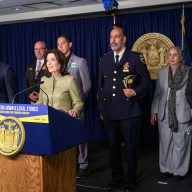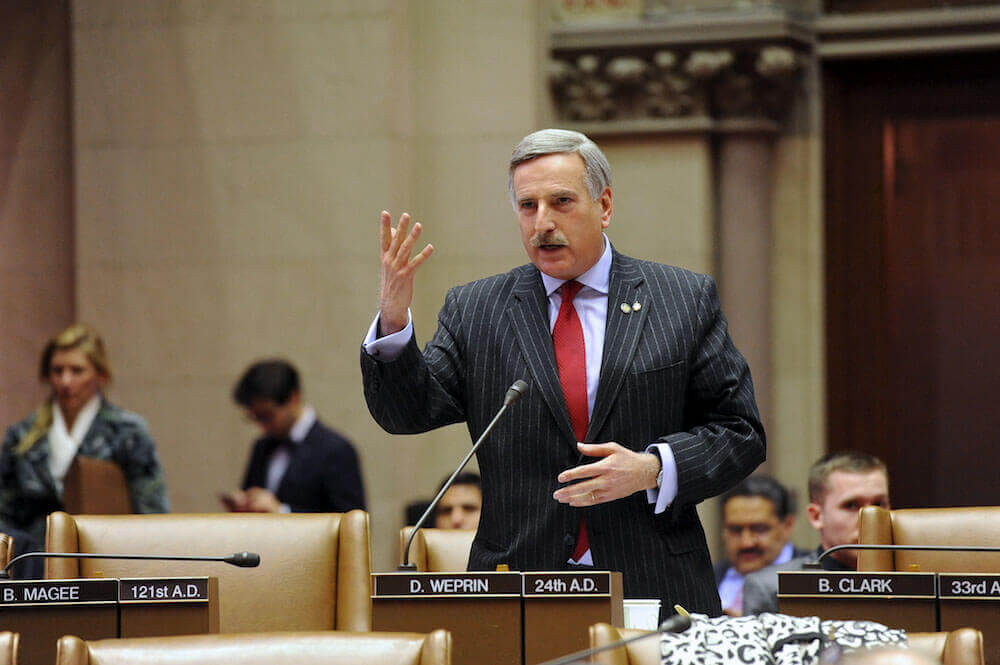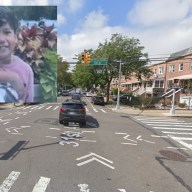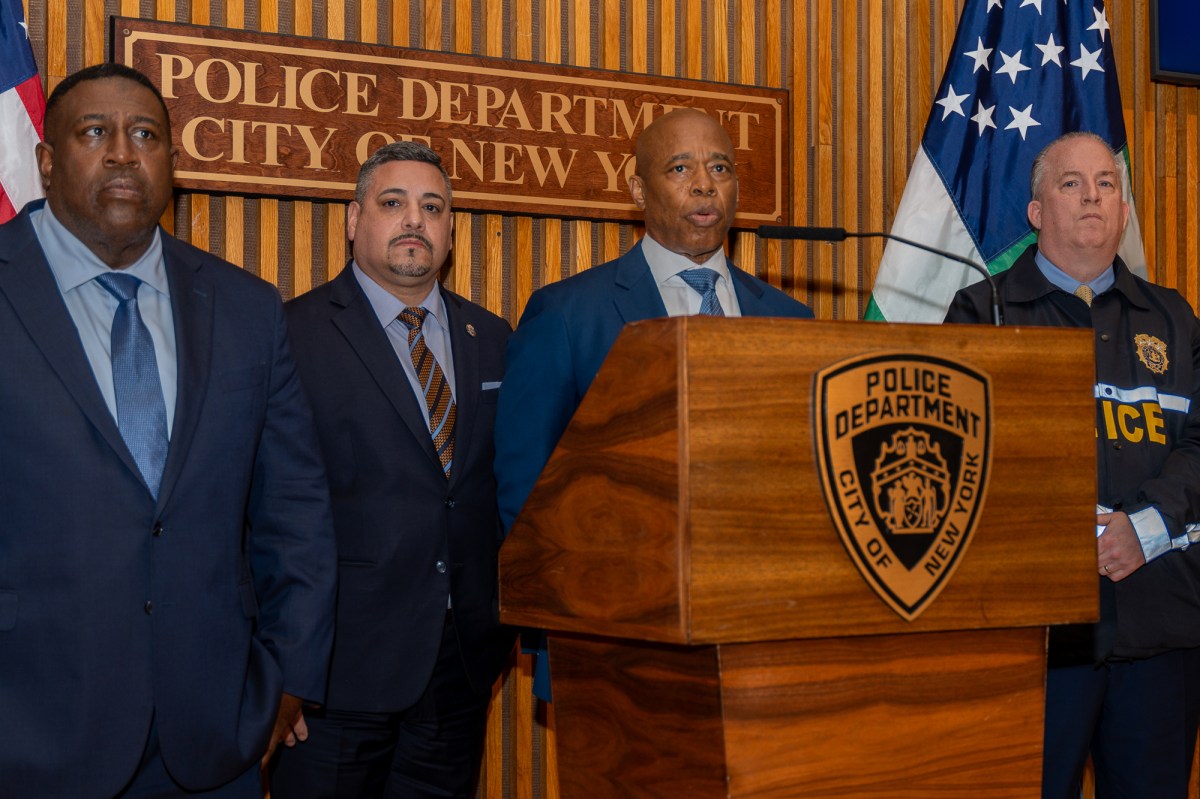By Sadef Ali Kully
Southeast Queens residents and elected officials headed to City Hall last week to voice their concerns over the city’s new supportive housing plans for their shelter-saturated neighborhoods.
Mayor Bill de Blasio announced last week a new plan to build 15,000 supportive housing units for those in need across the city at an estimated cost of $2.6 billion in capital funds over the next 15 years.
The City Council’s Committee on Housing and Building and Committee on General Welfare held a joint hearing Nov.19 about the new supportive housing plan with the city’s Human Resources Administration and Department of Housing Preservation and Development.
During the testimony, HRA Commissioner Steven Banks said HRA provides a form of financial support, temporary housing assistance, training for employment and services for those unable to work.
Council members Ruben Wills (D-South Ozone Park), I. Daneek Miller (D-St. Albans) and Donovan Richards (D-Laurelton) all spoke up about their residents’ concern about more homeless shelters in their neighborhoods.
According to the Department of Homeless Services, there are an estimated 22 homeless shelters across the borough but almost half, 10 of them, are located in the southern part of Queens.
Banks pointed out that supportive housing is permanent housing. “These are permanent homes for people in need,” he said.
According to Banks’ testimony, Queens would only be home to 1 percent of the total supportive housing units, while 51 percent would be in Manhattan, 25 percent in the Bronx and 23 percent in Brooklyn.
Richards pointed out that while housing is important, “it’s not the only step. Seats in schools, transportation, health care, these do come into play. What oversight will there be?”
Wills added, “We already have more than half of the shelters and this impacts us more than anyone else.”
Community members, including former City Councilman Archie Spigner, testified on behalf of the community.
“No one is against supportive housing, I’ve seen people in an ugly situation,” Spigner said. “It’s about fair share. The distribution of shelters is unfair to residents and homeowners of those communities.”
Reach Reporter Sadef Ali Kully by e-mail at skull

































